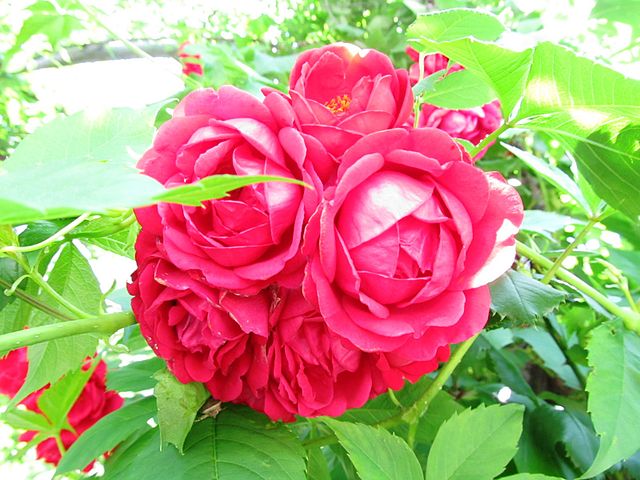The rose harvest in Kazanlak, Bulgaria has begun early June in the famous Rose Valley, the starting point of premium rose oil.
For 2024, rising temperatures have propelled an early harvest as pickers worry a rainfall-heatwave combination may impact yields.
But this has not prevented thousands of sightseers from coming from around the world to see the rose-picking event.
According to the Associated Press, Rose Valley at the foot of the Balkans mountains draws tourists each year during the harvest.
Indeed, the scenic area has become a national symbol and is vying for inclusion on UNESCO’s list of heritage sites.
Rose Oil History
Even as UNESCO considers it as an intangible cultural place, Rose Valley has already been making history for two centuries.
It all began in 1820 when the valley set up its first rose oil-processing plant with an output of 1 tonne.
By the 1840s, the oil had reached international consumers and by the early 1900s, it had permeated global perfumes.
In 1944, a local company known as “Bulgarian Rose” copyrighted its new branded oil as Bulgarian Rose Oil.
Rosa Damescana Species
Over time, Bulgaria’s rose oil producers have upped the cultivation of the rose species Rosa Damascena in Rose Valley.
The chief distinction of this species is the production of high quality rose water that benefits the skin and the body of users. This is countered by the low volume of oil production from its petals. While each petal provides over 300 healthy compounds, it nonetheless requires 1000 petals to make a gram of this oil.
Festive Harvest
With the above beneficial qualities, rose-picking in Bulgaria turns festive each end May and early June.
Tourists come to see the rose pickers who wear national garbs as they pluck half-bloomed petals which carry fresh scent.
Accompanying them are “koukeri” masked dancers who turn this into a commercial activity. They lure tourists to perform “u-pick” services and at the same time make them sample rose drinks and jam.
Ultimately, it is not just Kazanlak that enjoys festivities, for the nearby Karlovo town also performs rose-picking festivities. It also has a rose museum where rose beer distillation is under demonstration. And as the following statistics show, rose oil, the main product of roses, is a national privilege outside these two towns.
Bulgaria Rose Oil Statistics
Bulgaria, together with Turkey and Saudi Arabia, is a top producer of rose oil. The three countries control 70% of worldwide production of rose oil, mainly the Rosa Damascena type. In 2017, Bulgaria had about 38,000 decares (9,386 acres) under roses. In 2016, each decare (0.247 acres) yielded 450 kg of rose petals, which amounted to 17,000 tonnes nationally.
Around 95% of rose oil from Bulgaria goes into export to France (for perfumes), Germany (for anti-allergy drug production) and Japan. Bulgaria benefits greatly from exports, for rose oil commands high international prices of between 5,000 and 6,000 euro per liter.
What other species of roses produce rose oil in Bulgaria?
Alongside R. Damascena, the cultivars of R. centifolia L. and R. damascena Mill hybrid also make rose oil in Bulgaria.
